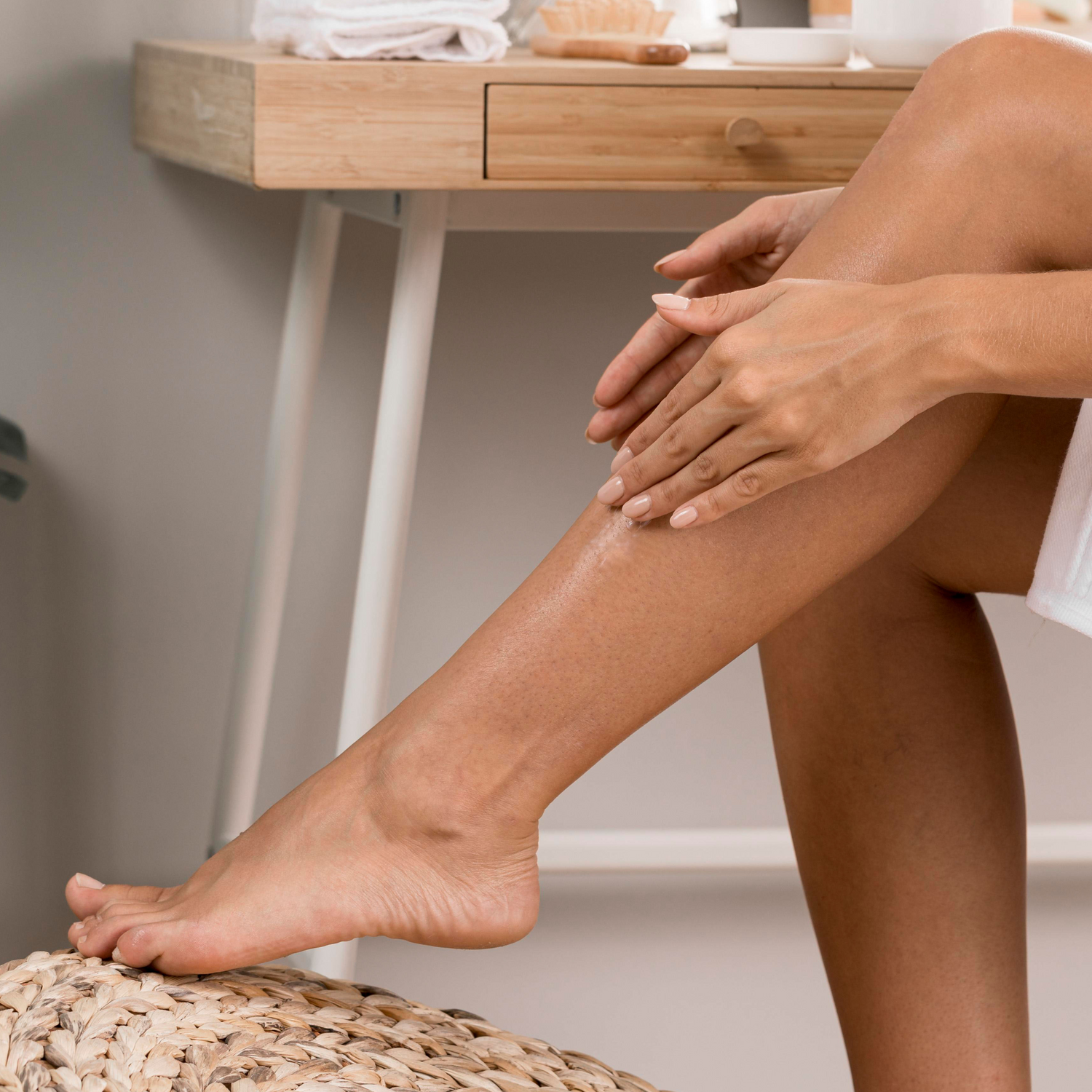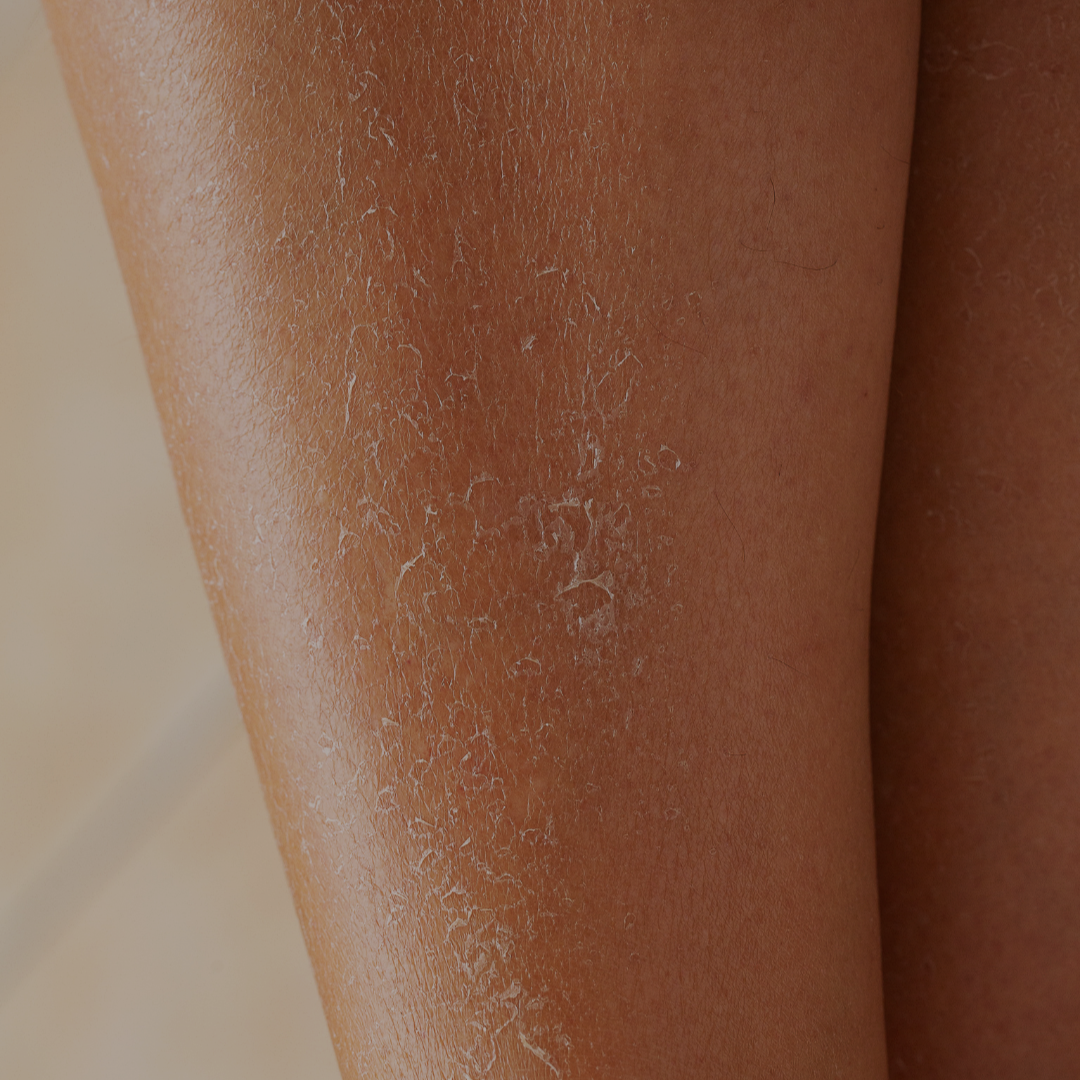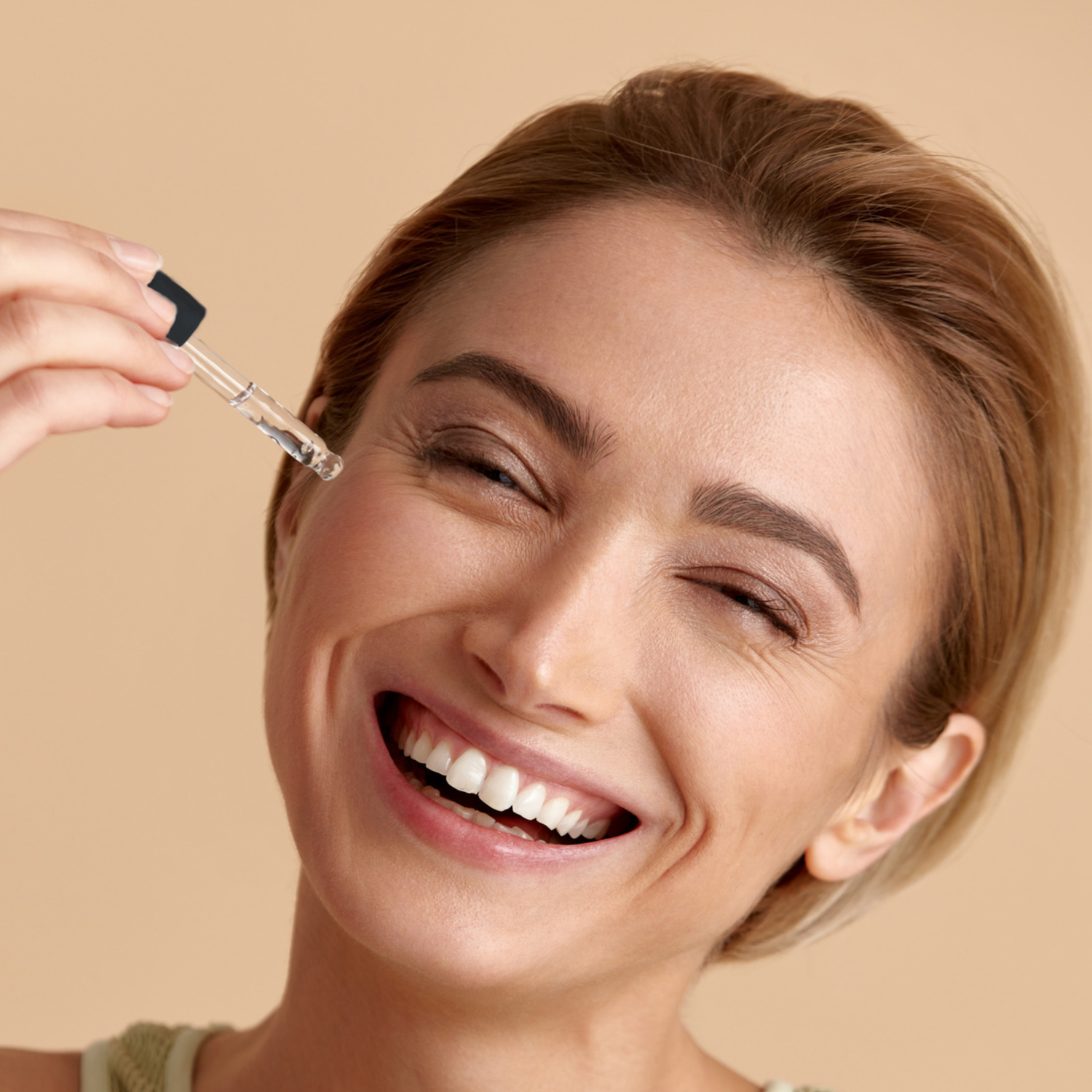What is in argan oil?
Because argan oil is so rich in beneficial nutrients like vitamin E, fatty acids, squalene, and antioxidants, it can do wonders for your skin and hair.
Where does the argan oil come from?
Argan oil is a natural oil extracted from the kernels of the argan tree (Argania spinosa) native to Morocco. It is a lengthy production process in which the thick skin and fleshy pulp of the argan fruit are first removed. The nut is then cracked open to extract the oil-rich kernels inside. The kernels are then ground, pressed, decanted and filtered to obtain the pure argan oil.
What can you use argan oil for?
For the skin
Argan oil moisturizes the skin thanks to vitamin E and fatty acids. It protects the skin barrier and improves the complexion in the long term. A few drops will also moisturize nails and cuticles. Cracked heels or elbows will become smooth and supple if the oil is allowed to soak in overnight.
Flaky, itchy and rough skin can improve thanks to the fatty acids and vitamin E it contains, which support cell renewal.
For the hair
Everyone wants smooth and silky hair without a greasy residue. Argan oil makes it possible, depending on the hair type. It moisturizes without weighing it down, reducing frizz in the hair.
Due to its high levels of essential fatty acids, argan oil can improve scalp health. Dandruff and itchy scalp can also be reduced or alleviated with argan oil.
Application
For the hair
Apply 2-3 drops of the oil to the palm of your hand and rub hands together to warm the oil. Then you apply the oil from the roots to the tips and massage the excess oil into your scalp. Leave it on for a while and then wash your hair out as usual.
Important NOTE
If you have an allergy to nuts, we advise against using this oil and the pomegranate facial oil.
Only suitable for external care use and for healthy skin. If you have sensitive skin, it is advisable to test the oil on a small area of skin first and observe the skin reaction.




